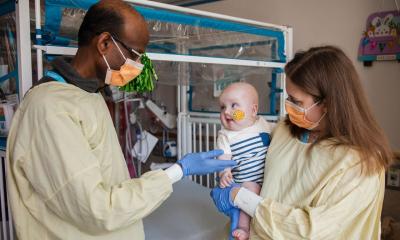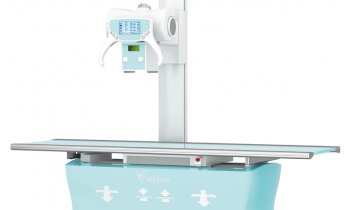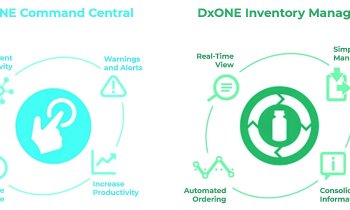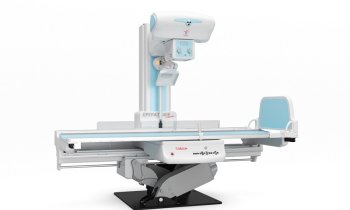Management II
Coming of age with a chronic disease
During the transition from child to adult many teens with chronic diseases somehow slip through the healthcare cracks between paediatric and adult medicine. Compliance deteriorates, regular check-ups are missed – an international problem, as many studies indicate. A promising programme, launched in Berlin, helps teens to manage this difficult change.
Report: Bettina Döbereiner

The five-year pilot project began at DRK Kliniken Berlin-Westend; over a two-year period, to make the transition to adult healthcare, professional case managers accompanied adolescents with type II diabetes or epilepsy, who had been patients at various paediatric institutions in and around Berlin.
The successful pilot was turned into the permanent Berliner TransitionsProgramm (BTP), which targets teens in Berlin, and northern Germany, with six different chronic conditions. 140 adolescents are enrolled in the programme, 80 have already completed it.
One major issue is financing, since only a few of the statutory health insurers reimburse costs. This is ‘a major limitation’, says Dr Silvia Müther, BTP project manager and diabetologist at the Paediatric Diabetes Centre, at DRK Hospital Berlin. Müther would like to see BTP classified as a regular service covered by the statutory health insurers, so that all adolescents could benefit from the programme.
On an international level, the Berlin project is unique, Dr Müther explains, because it targets several indications, is multidisciplinary and envisages reimbursement-based funding. Previously described transition projects have focused on one indication, are tied to a specific institution, privately funded and temporary.
Thus BTP might serve as a blueprint on the national and even European level: expansion scenarios are being developed.
29.04.2015











